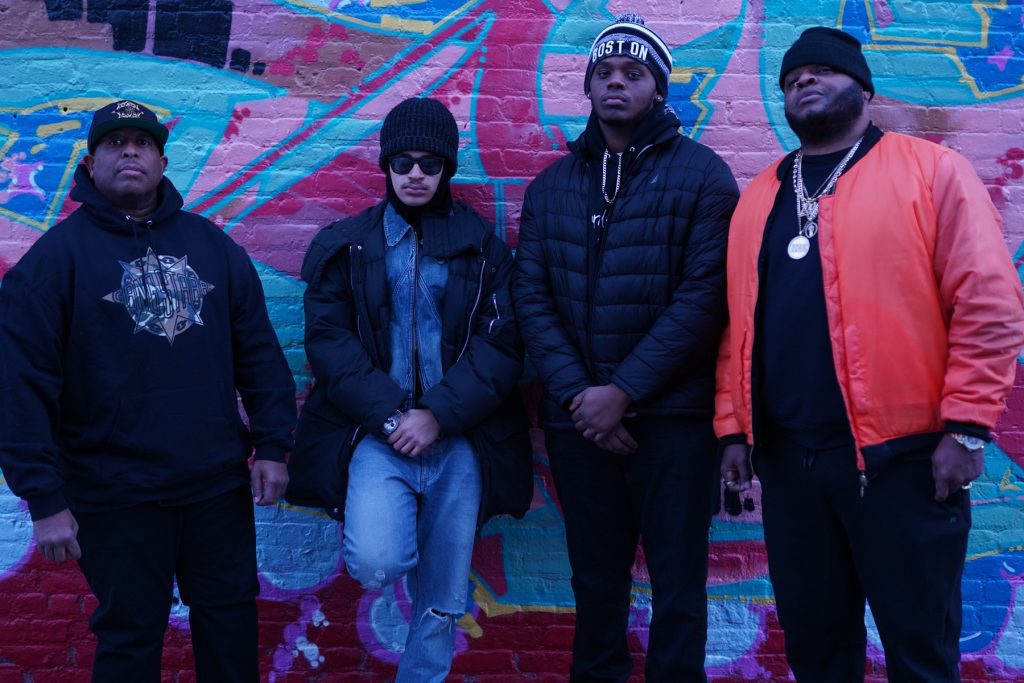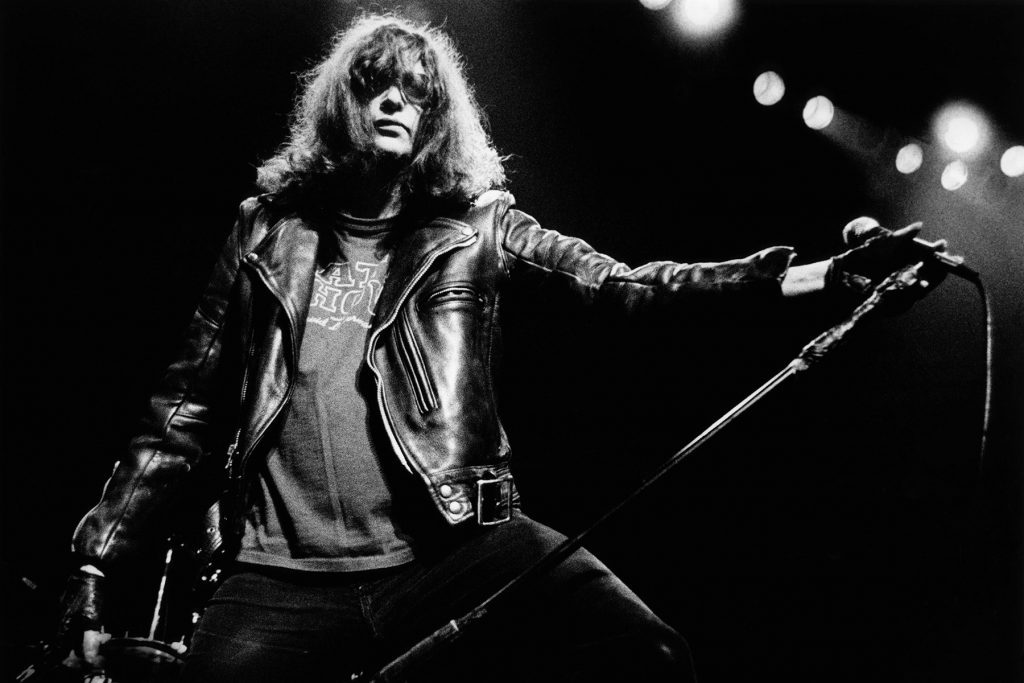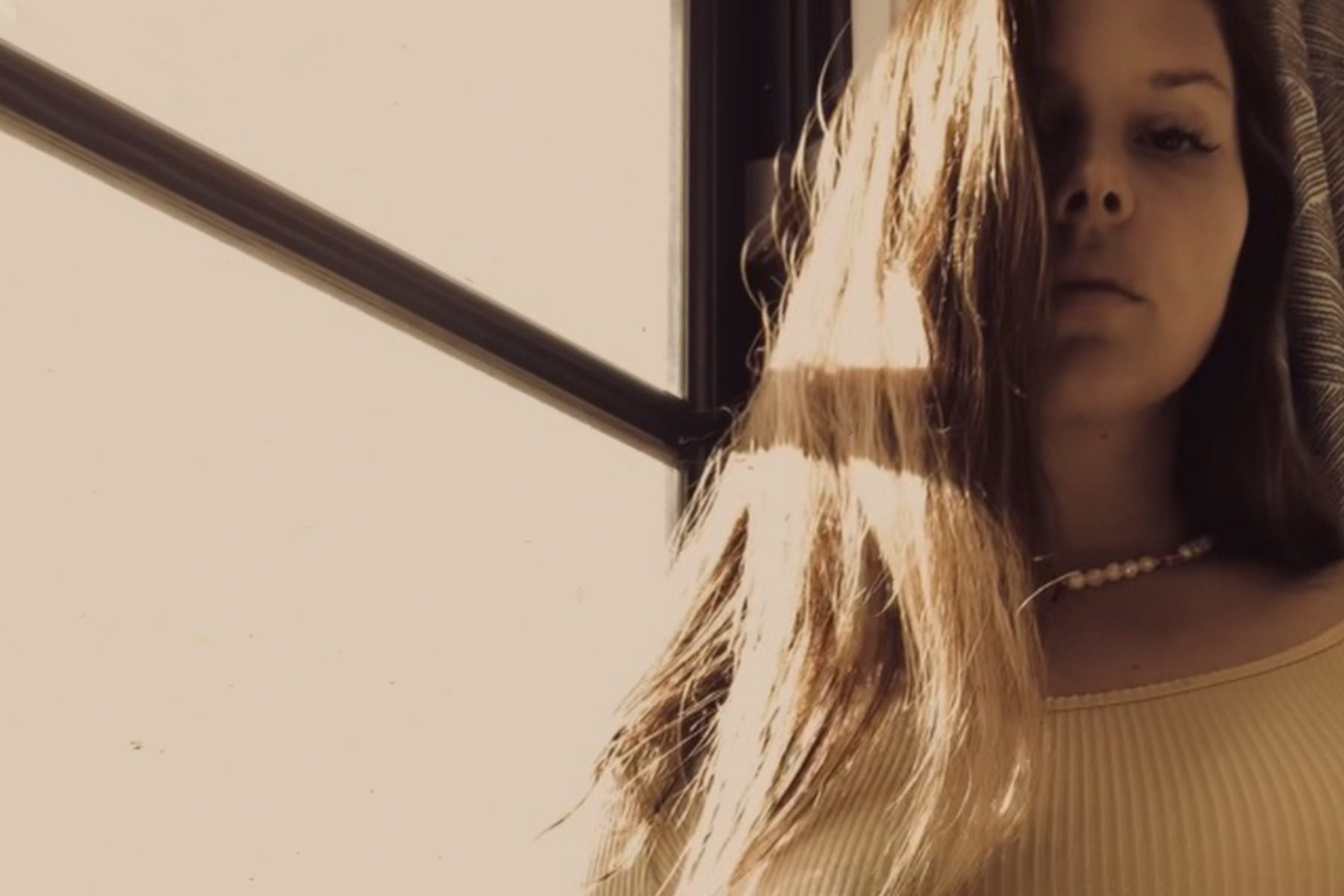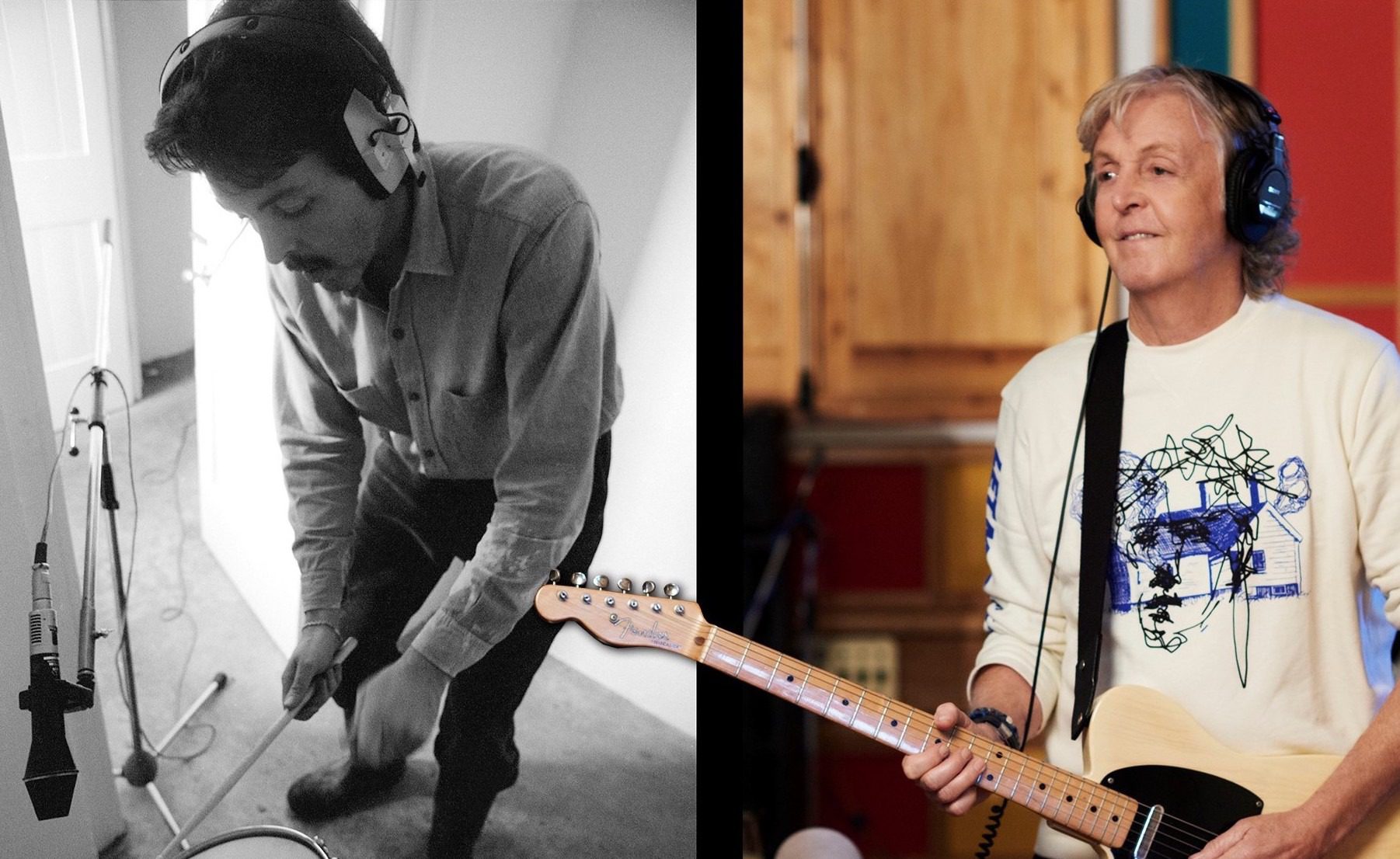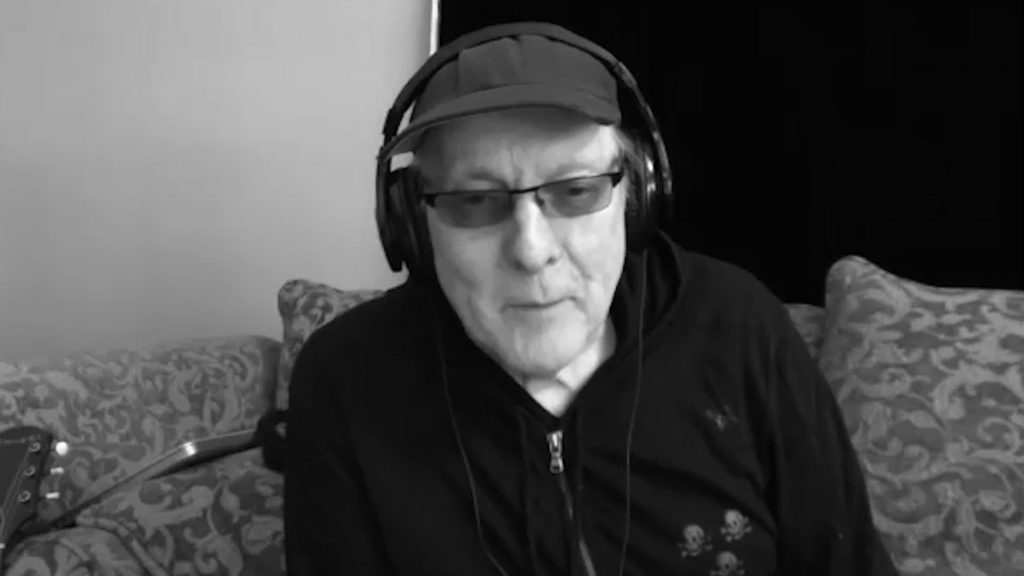
From Panama With Love: Sech Reinterprets Reggaeton’s Roots for the World
Though he’s known for a gliding voice that’s brought him to the top of the Latin music industry, the Panamanian singer Sech has always been a writer. He started scribbling in journals and putting together ideas for songs when he was a kid growing up in Río Abajo, a township of Panama City known for producing music legends such as the reggae en español icon El General. “When I was in class, I’d do that — I’d start writing songs and things that happened to me,” Sech, whose real name is Carlos Isaías Morales Williams, remembers.
He didn’t save those journals, and many of them have been lost by now. However, one surfaced recently during the pandemic. “My brother found it,” Sech, 27, says during a recent call in Spanish from Panama City, where he lives. It was a tattered thing that his mom had kept for the last seven years, and Sech began flipping through it. He laughed at old memories, poems, and lyrics he’d scrawled down about friends, relationships, and things he’d observed in his neighborhood. Pretty soon, he also got inspired. “I started reading, I started to remember some things from the past, and I made it into music,” he says.
blogherads.adq.push(function () {
blogherads
.defineSlot( ‘medrec’, ‘gpt-dsk-tab-latin-article-inbody1-uid0’ )
.setTargeting( ‘pos’, [“mid”,”mid-article”,”btf”,”in-article1″] )
.setSubAdUnitPath(“music//latin//article//inbody1”)
.addSize([[300,250],[2,2],[3,3]])
.setLazyLoadMultiplier(2)
;
});
That music makes up his third album, 42, out on April 15. Sech’s previous records — his breakthrough, Sueños, from 2019, and last year’s 1 of 1 — have established his place as one of the most impressive vocal talents across the Spanish-speaking world. A 2019 Genius video of the singer effortlessly belting out his multi-platinum hit “Otro Trago” circled the Internet and got listeners familiar with his laidback, honeyed tone. Sech is naturally affectionate — on the phone, he’s quick to punctuate his sentences with “mi amor,” or “my love” — and both his personality and his delivery fit easily into his trademark blend of R&B and reggaeton romantico. But 42 shows a more up-tempo side of Sech: He dives deeper into reggaeton without losing his signature sweetness. A lot of the tracks were written during the pandemic, and Sech worked with beat mavericks like his longtime collaborator and fellow Panamanian Dimelo Flow to build a soundtrack for people to move to as soon as the world opens up again.
“There was that moment where no one could go out and we were completely locked down, so when I was writing this, I kept thinking it would come out when people could finally go out and enjoy it like never before,” he says. “So because of that, I think it’s a happy record, a party record, but at the same time, you can dedicate these songs to someone.”
Tracks like “Pata’bajo,” which features the Puerto Rican duo Wisin y Yandel, not only speak to Sech’s versatility, but also pay homage to a style that was shaped by his country. Panama’s contributions to reggaeton are well-documented, though often grossly overlooked today. The genre is indebted to reggae en español, which was pioneered by migrants from Jamaica and the West Indies who settled in Panama to work on large infrastructure projects, including the Panama Canal. Katelina Eccleston, a Panamanian-Jamaican reggaeton historian, notes that “the history of Jamaican migrants bringing reggae en español to Panama is the history of survivors bringing over their tools of resistance.” El D.E.N.I., a private faction of the police of Panama, was notorious for brutalizing Afro-Antilleans, she says, especially those with patois accents and dreadlocks.
In Río Abajo, El General and other artists with Caribbean roots — among them Renato, Gaby El Menaito, and Reggae Sam — made their mark. “They are the fathers of reggae in Spanish, being Carribbeans to translate the political essences of patois to Spanish,” Eccleston explains. Renato channeled resistance into his music through the hit “El D.E.N.I,” which brought to light the injustices that Black Panamanians faced at the hands of police, while El General shot dancehall beats to international attention. Both he and the artist Nando Boom released covers of the song “Dem Bow,” originally a 1990 song by the Jamaican artist Shabba Ranks; their sounds spread across Latin America and the Caribbean, where Black and brown Puerto Rican communities blended it with hip-hop sensibilities to produce early reggaeton.
blogherads.adq.push(function () {
blogherads
.defineSlot( ‘medrec’, ‘gpt-dsk-tab-latin-article-inbody2-uid1’ )
.setTargeting( ‘pos’, [“mid”,”mid-article2″,”btf”,”in-article2″,”mid-article”] )
.setSubAdUnitPath(“music//latin//article//inbody2”)
.addSize([[300,250],[300,251],[2,4],[4,2]])
;
});
These same artists inspired Sech when he was young. “I started listening to El General, Nando Boom, all these artists who had been coming up, and I fell in love with their music,” he recalls. He and his brothers would listen to what was popular in the country, but Sech also developed his musical skills at church, where he sang and played piano, bass, guitar, and other instruments. Through 42, Sech picks up the proverbial baton from Panamanian musical legends of the past and reminds the world of his country’s integral role in molding a sound that’s now a phenomenon that’s transcended borders everywhere. “I’m truly inspired by everything that’s happening at a global level and that I can be one of the representatives of my country like El General was around the world,” Sech says. “The fact that I can continue that [legacy] is really beautiful.”
42 is also a celebration of Black achievements across history. Sech is one of the few Black artists with mainstream visibility in the Spanish-speaking music industry, which is currently grappling with its patterns of whitewashing genres rooted in Blackness. Sech understands the importance of representation firsthand, both in music and across other cultural spheres. He was a massive baseball fan as a kid, and the number 42 symbolizes Black pioneers who’d blazed trails before him.
“It all starts from Jackie Robinson, the first black player in the Major League in history,” he says. “That impacted me, because when I got into music, maybe I wasn’t seen as the prototype that people were used to… As time went by, they took the number 42 and gave it to the Panamanian Mariano Rivera. As a kid, he gave me a lot, a lot, a lot of inspiration, being from Panama and [showing that] if he can, I can too. So in a way, the idea of the album title is him passing the number on to me, to keep breaking barriers.”
The album also brings fans closer to Sech’s personal stories, which he’s eager to share more of this year. As happy-go-lucky as he can seem, he made a 12-minute documentary to accompany 42 that sheds light on difficulties he went through growing up. (Watch the short film below.) “It’s about everything that happened to me in life,” he says. “98 percent of my friends are dead or in jail, so just from that you can imagine the whole journey I went through in my adolescence.”
blogherads.adq.push(function () {
blogherads
.defineSlot( ‘medrec’, ‘gpt-dsk-tab-inbodyX-uid2’ )
.setTargeting( ‘pos’, [“mid”,”mid-articleX”,”in-articleX”,”mid-article”] )
.setSubAdUnitPath(“music//article//inbodyX”)
.addSize([[300,250],[300,251],[3,3],[620,350]])
.setLazyLoadMultiplier(2)
;
});
Sech’s mission is to keep centering Panama. Last year, he planned a five-day music festival called El Bloke Summer Fest to coincide with Carnaval, the bright celebration that takes place over several days at the end of February and the beginning of March in cities across Panama. Sech helped organize a lineup that included reggaeton artists from other countries — among them Puerto Rico’s De La Ghetto, Arcangel, and Myke Towers — as well as Panamanian newcomers such as the husky-voiced rapper BCA and the pastel-haired artist El Boza. The festival had to be scaled back since it coincided with Covid-19, but Sech doesn’t think it’ll be his last event showcasing Panamanians. “El Boza, BCA, Diez Mil, Jordan — they’re all doing it really well,” he says. “They’re [bringing something] totally new… and there’s so many other artists who have a ton of talent here.”
Once the pandemic ends, Sech hopes he can tour again to keep introducing people to his music. Until then, he’s proud of 42 and how it offers listeners a layered experience through 11 tightly-knit songs. “I simply wanted to do 11 songs that would be hard-hitting and that people would enjoy,” he says, adding, “It’s an album to cheer people up and encourage them to perrear at the same time.”
